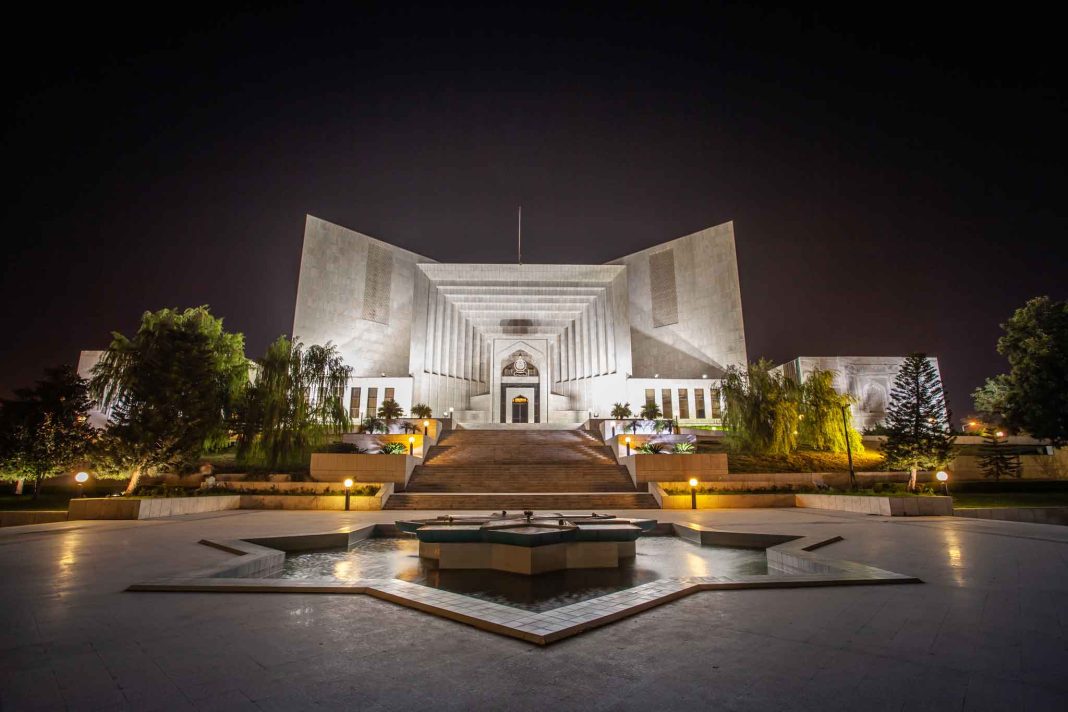ISLAMABAD: The Supreme Court of Pakistan on Friday clubbed May 9 cases of PTI founder Imran Khan and Omar Sarfaraz Cheema.
A bench, led by CJP Justice Yahya Afridi, heard the case of Cheema’s alleged involvement in May 9 vio-lence. The chief justice said this case would be heard with that of Imran Khan next week.
The CJP said the court wanted to ensure uniformity in physical remand cases. He said the cases of Im-ran Khan and Omar Sarfaraz Cheema were of similar nature. Cheema’s counsel said police arrested his client first and then registered a case against him. The Punjab government lawyer said the court had not given even a day’s physical remand of Cheema. He said a weapon had to be recovered from him.
The court attached the case with that of Imran Khan and adjourned the hearing till April 24.
Earlier, During the hearing of cases related to the May 9 incidents, Chief Justice of Pakistan Justice Yahya Afridi assured that the rights of the accused would be safeguarded, even as the court pushed for concluding trials within four months.
The remarks came during the Supreme Court’s hearing on bail cancellation petitions linked to the May 9 cases. Senior lawyer Latif Khosa objected to the four-month trial completion order, questioning its practicality and asking, “Has a trial ever been completed in four months?”
Responding, Chief Justice Afridi said, “Respected counsel, please don’t say that. The law mandates daily hearings of cases in anti-terrorism courts.”
Khosa argued that the four-month deadline could disrupt the natural flow of the trial process. The Chief Justice clarified that trial proceedings were the domain of the respective high courts and admin-istrative judges, and the Supreme Court would not micromanage trial monitoring.
Khosa also informed the court that 500 cases related to May 9 events were under trial and around 24,000 accused were still absconding.
In response, the Chief Justice reiterated that the directive to conclude trials swiftly will be implement-ed with full protection of the legal rights of all accused. –Agencies



